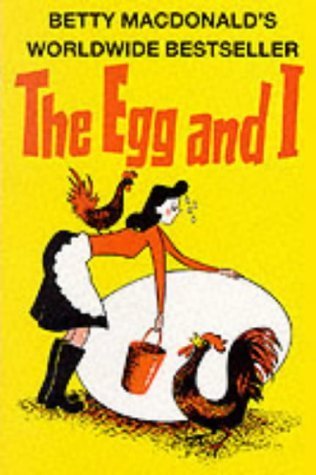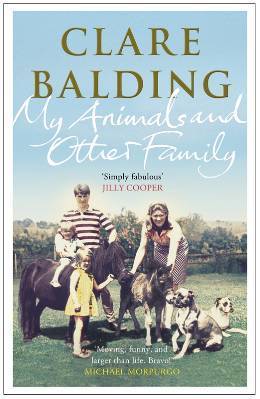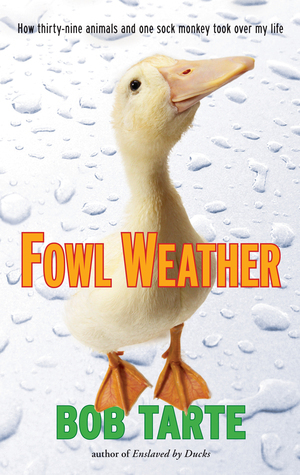
Twenty Chickens for a Saddle
Book Description
When a girl on a remote farm discovers the power of a single chicken, her world is about to change forever. As Robyn Scott weaves a tale of love, ambition, and identity, the struggle between dreams and harsh realities comes alive against the backdrop of a culturally rich Zimbabwe. With each cluck and crow, lives intertwine, secrets unfold, and resilience is tested. Laughter and heartache collide, painting a vivid portrait of growing up amidst chaos and hope. Can a simple farm animal help heal deep wounds and unite a fractured community?
Quick Book Summary
"Twenty Chickens for a Saddle" by Robyn Scott is a vibrant memoir chronicling the author’s unconventional childhood in Botswana after her South African family relocates to run a clinic. Through the eyes of young Robyn, we experience the joys and challenges of growing up in rural Africa—homeschooling under acacia trees, interactions with a mix of locals and expatriates, and her father’s passionate, unconventional medical practice. The titular chickens symbolize the idiosyncratic and resourceful life her family builds, full of humor and resilience amidst political change and societal expectations. Navigating family quirks, cultural differences, and the ever-present specter of HIV/AIDS, Robyn finds her identity and place in a fractured, hopeful land. The memoir is both a coming-of-age story and a portrait of Botswana’s changing landscape.
Summary of Key Ideas
Table of Contents
Family Dynamics and Unconventional Parenting
Robyn Scott’s memoir begins with her family’s move from New Zealand to rural Botswana, where her father has taken on the mission of running a medical clinic. Their house on the fringe of the Kalahari Desert is filled with eccentricities: homeschooling sessions under trees, her mother’s flexible and creative teaching, and a menagerie of pets. The vivid landscape and spontaneous adventures foster a deep sense of freedom and curiosity in Robyn and her siblings, even as they must adapt to the quirks of isolated farm life.
Cultural Adaptation and Identity
As Robyn grows, she observes the intricate dance between her own family’s customs and local Tswana traditions. The Scotts embrace the friendliness and resilience of their neighbors while learning to navigate challenging cross-cultural relationships. Robyn describes her evolving sense of identity, torn between her white, foreign background and her immersion in Botswana’s rural community. The exchange of twenty chickens for a saddle—a practical barter—becomes a symbol of blending worlds and values.
Resilience in the Face of Adversity
The family’s existence is far from idyllic. Robyn’s father, passionate but unconventional, is often frustrated by bureaucracy and cultural misunderstandings in his medical practice. The specter of the HIV/AIDS epidemic casts a shadow over their work and their community, highlighting the daily trials faced by rural Africans. Scott illustrates how humor, resourcefulness, and familial love help them face these hardships, even when hope and health seem stretched thin.
Rural Medicine and Social Change
Woven through the memoir are stories of resilience and interdependence. The Scotts and their friends—locals and expatriates alike—form a patchwork support system. Whether navigating schoolwork, surviving bush mishaps, or handling medical emergencies, their shared laughter becomes a lifeline. Robyn discovers how even small gestures—like raising chickens—bring people together and provide comfort amid uncertainty, embodying the spirit of rural Botswana.
The Importance of Community and Connection
Ultimately, Scott’s memoir is a celebration of growth through adversity. As Robyn matures, she gains a nuanced understanding of her surroundings and herself. The family’s journey reflects broader societal changes in Southern Africa, reminding readers of the importance of empathy and adaptability. Through her eyes, we appreciate how the chaos and hope of Botswana, woven with humor and compassion, can shape an extraordinary life.
Download This Summary
Get a free PDF of this summary instantly — no email required.





